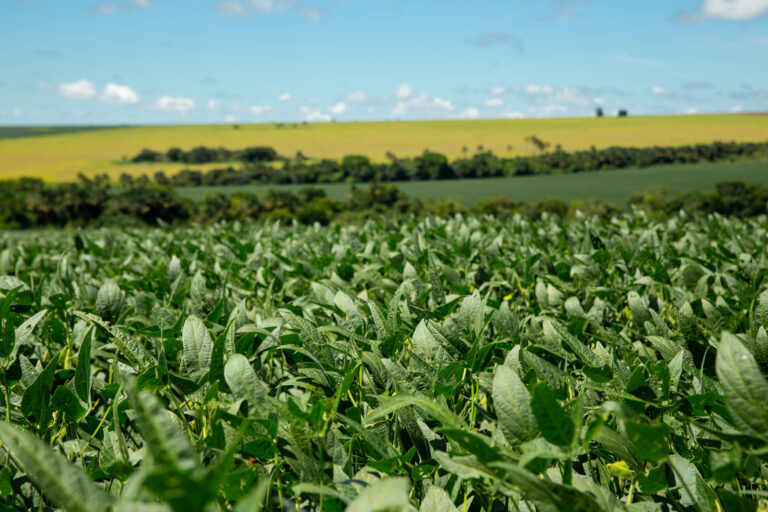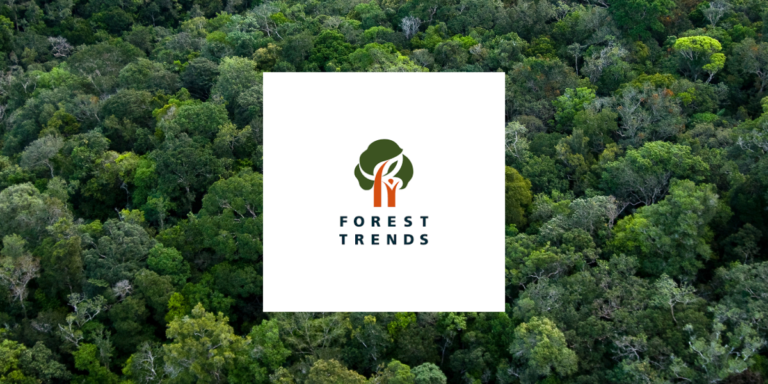Job Vacancy: Environmental Analyst, Responsible Commodities Facility
Working Location: Oxford, UK
Salary: up to £38,000pa reflecting experience
Context
Growing demand for soy globally is resulting in a continuous expansion of the area under cultivation in Brazil. This expansion has been identified as a major driver of deforestation, resulting in substantial destruction of natural habitats, loss of biodiversity and greenhouse gas emissions. The Amazon Soy Moratorium has reduced deforestation, but this has resulted in leakage of deforestation to a species rich tropical savanna known as the Cerrado. More than 50% of the native vegetation in the Cerrado has now been cleared and over the last decade in the Matopiba region, 0.5–0.8 Mha of soy has been planted on recently converted land each year.
Who we are
The Responsible Commodities Facility (RCF) is a fund created to offer incentives to farmers in Brazil who agree to grow soy without deforestation. Sustainable Investment Management (SIM) is the manager and coordinator of the fund, and as such manages a portfolio of farmers or clients.
Incentives are given in the form of revolving low interest credit lines for crop finance, in other words, so that farmers have the cash required to buy agricultural inputs (seeds, fertilizers, chemicals) for soy cultivation. These loans are collateralized by the production of the future soy crop. Once the soy is harvested, the loans are repaid to investors and the credit is renewed. The Facility is capitalized through the issuance of Green CRAs (a green bond-like instrument), issued in Brazil and subscribed by investors concerned with the impacts of soy deforestation and conversion on their supply chains, including major supermarkets Tesco and Sainsburys, as well as major banks, Rabobank and Santander.
Producers involved with the Facility are screened based on the RCF’s eligibility criteria and once accepted into the programme, activity on the farms is monitored. A key part of this process is to record the performance of the farmers, particularly in regard to deforestation and conversion. This data must then be compiled in reports for various audiences.
Role Description and Responsibilities
- RCF Portfolio management
- Portfolio selection: assist in screening prospective farmers, including collating lists from various sources within and external to SIM, and report these lists to our environmental committee and investors, with the aim of accelerating and streamlining the farmer selection process;
- Database Management: Operate and manage a bespoke database software such that all collected information on RCF farmers is; accurate and up to date; readily analysable; can be rapidly included in reports or consulted to answer queries;
- Certification process: work with third party auditors to review the data and confirm that it is correctly represented;
- Monitoring & document management: manage statutory documentation records in compliance with Financial Conduct Authority Guidelines;
- Report preparation: for the Environmental Committee and Investors which summarize the most important information without placing unreasonable expectations on the committees to review very long documentation.
2. Core cost fund-raising
- Working with the Director of Investor Engagement and the CEO, research and prioritize targets for donors from the public and charitable sectors who may be willing to finance SIM core-costs
- Make initial contact with these potential funders and arrange calls for progressive engagement of the best prospects
- As part of the above, build and maintain a comprehensive calendar of funder timetables, with relevant programme durations and deadlines for submissions etc.
3. Other duties
- Due to the fact that SIM is a small team, the employee is required to perform any other reasonable duties that may be assigned, as appropriate for the delivery of SIM’s wider objectives.
What we are looking for
- Passion and commitment for tackling the drivers of deforestation
- Some knowledge of soy, supply chains and deforestation
- Practical or theoretical experience of financial, retailer, manufacturer, commodity, science or consultancy sectors
- Ability to manage large databases and produce reports
- Ability to write grant applications and in donor research
- Ability to work with a diverse and geographically remote team
- High levels of professionalism, conscientiousness, attention to detail, resilience, flexibility, responsiveness and relentless enthusiasm
- Brazilian Portuguese fluency is desirable
What we offer
An opportunity to be part at the heart of a game changing initiative, influencing the way that finance works to better protect forests. RCF has already been recognized with three innovation awards since its launch in 2022.
- 37.5 hours per week with 1-2 days working from home
- Competitive salary
- Introduction to a large professional network across finance, civil society, corporations, consultancy and government
- Modern, shared working space office in the centre of Oxford
- International travel
Application
Please submit a CV and brief covering letter (1 side or less) to admin@sim.finance. Eligibility – open to British citizens or those who have already obtained the legal right to work in the UK.
Closing date 30th April 2024






